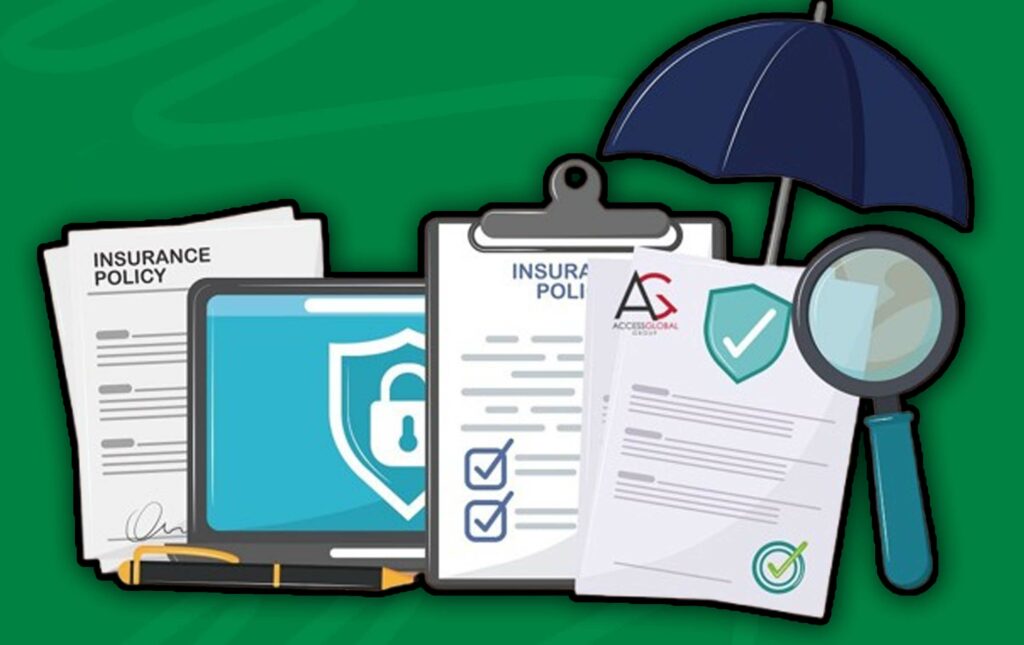Do Insurance Companies Share Information? The answer is that, yes, insurers do share information. But how do insurance companies share their information? Is it directly? Every insurer subscribes to a service and buys reports that discuss an individual’s insurance claims for pricing purposes.

When you file a claim, it is registered in the claim system that other insurers can pull when they want to check your level of risk and determine your rates. Read this blog to the very end to know how insurance companies share information and what it means for your policy rates.
How do Insurance Companies Share Information?
Keep in mind that insurance companies do not share your information with each other directly. And they do not tell each other when a particular individual gets a new quote.
For example, auto insurance companies have two resources to check your personal information: the CLUE (Comprehensive Loss Underwriting Exchange) report and the motor vehicle report.
Motor Vehicle Report:
This compiles the numbers of car accidents and tickets you have had. It helps to inform the insurance companies of your risk factor. This report is just like the credit report. And it follows you from one zip code to another.
Comprehensive Loss Underwriting Exchange:
These are not mostly used by insurers. However, they can still factor into your rate calculation. CLUE reports focus on the number of claims filed on your car.
Insurance carriers access customers’ information via independent agencies. While they won’t share your personal details with each other directly, they can make use of various reports to check your risk and determine your costs. Additionally, if you work with an agent, they would also go into your home state system to check for incidents and tickets.
Do Health Insurance Companies Share Information?
Under HIPAA (Health Insurance Portability and Accountability Act), health records with personal details removed can be accessed without restrictions. Your health provider can also share your health information with your insurance carrier to determine your insurance cost. And insurers can have access to your records during audits.
This generally means that insurers have access to your medical data. They speak with your doctors, hospitals, and dentists. They review your record and share information with each other.
Frequently Asked Questions
Can I prevent insurers from seeing my driving history?
Unfortunately, you cannot. Insurers want to make good decisions when choosing the individual to insure and how much to insure for. These reports will help them check information to help determine a good premium based on the level of your risk.
Do insurance companies have a shared database?
Most insurers make use of shared databases such as CLUE to get information on people they want to insure.
Do auto insurers inform each other about accidents?
Insurers do share information about accidents and claims with one another through databases like CLUE and DMV.
Do insurers share information about quotes?
No, insurers do not share your quotes information. However, they will exchange information about your insurance record and the time you have been with an insurer.
Why do insurers ask if you have other insurance?
There are various reasons why insurers ask if you have other coverage. For instance, it is a punishable offense to drive around with the minimum car insurance coverage. Other times, providers want to avoid issuing the two policies for the same person.
What is the insurance company’s confidentiality obligation?
Many states require insurers to prevent disclosure or unauthorized sale of policyholders’ personal information. However, driving histories are not considered to be personal information.
Bottom Line
Insurance companies do share information to set your insurance rates. People with just one accident, ticket, or claim often worry the most because they are close to having a perfect record but have to pay more just because of a single mistake. This may also apply to individuals who used to have many tickets but are now driving more safely and carefully. Switching insurance companies can help save money, as every insurer has their own risk preference. Some may be willing to offer coverage to drivers with less-than-perfect records.
Make use of an online comparison tool to find affordable auto insurance quotes. You can consider good options like telematics programs, which track your driving for 90 days. This can get you an immediate discount and potentially a larger one after the 90 days. As insurers can always check your current driving habits and assess your risk more accurately.



